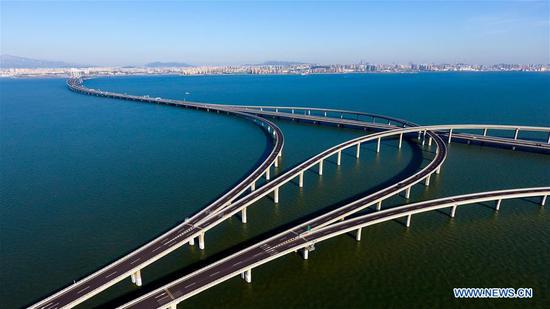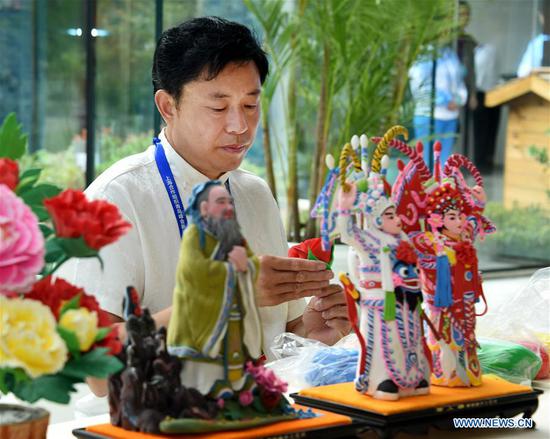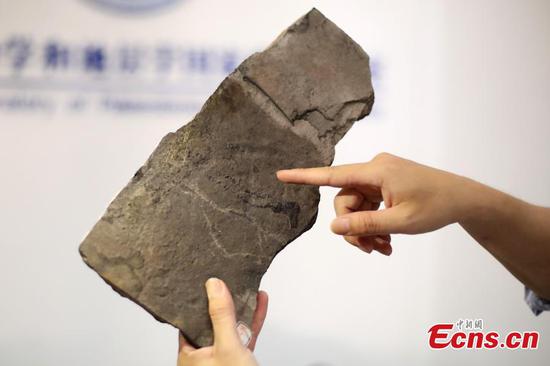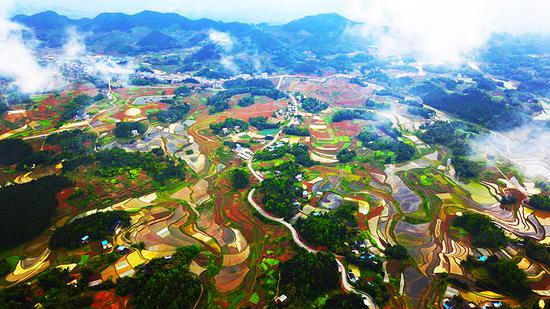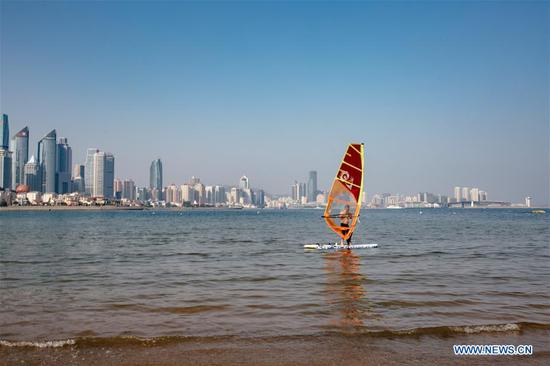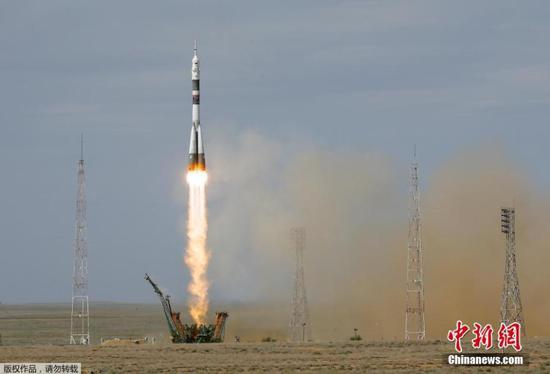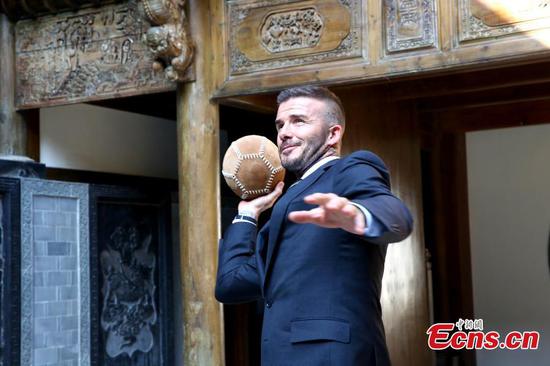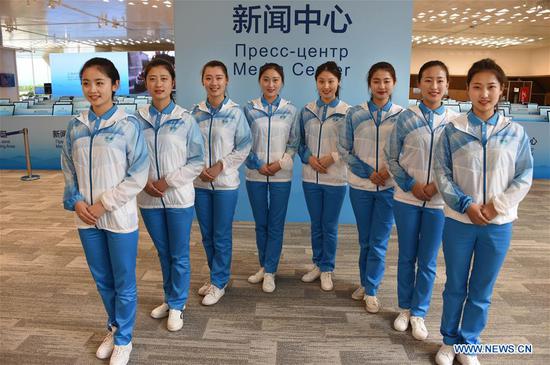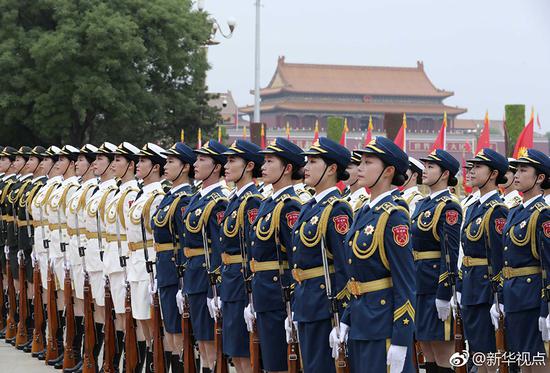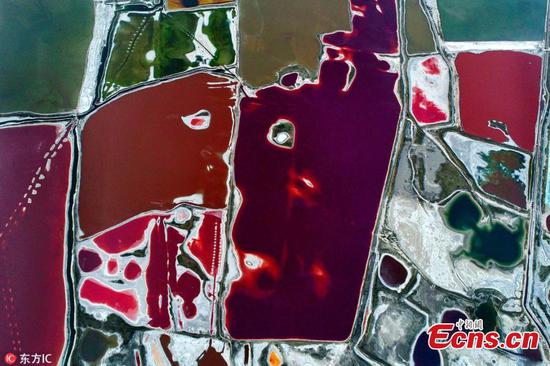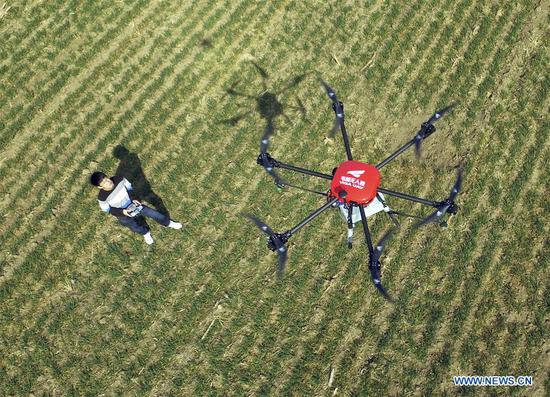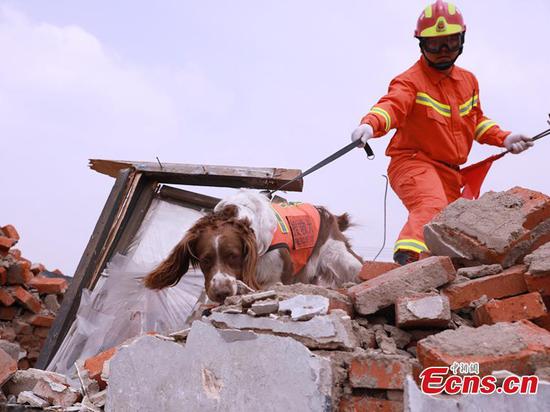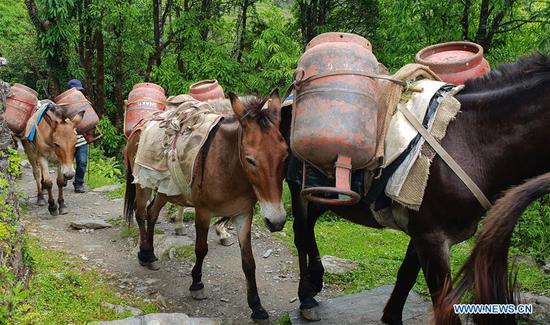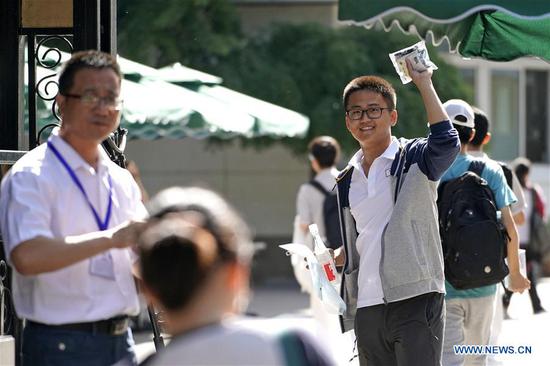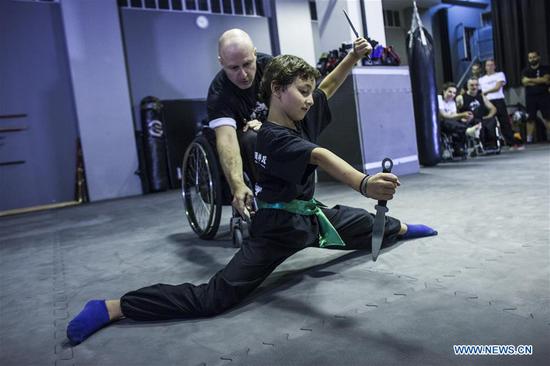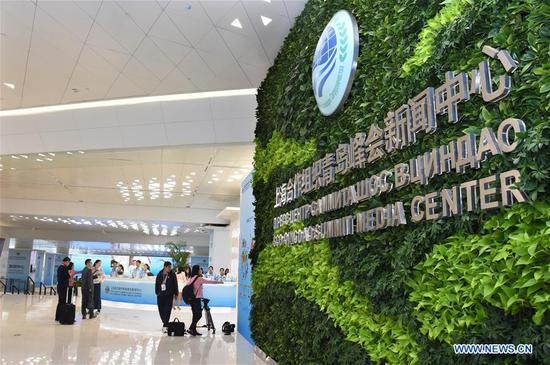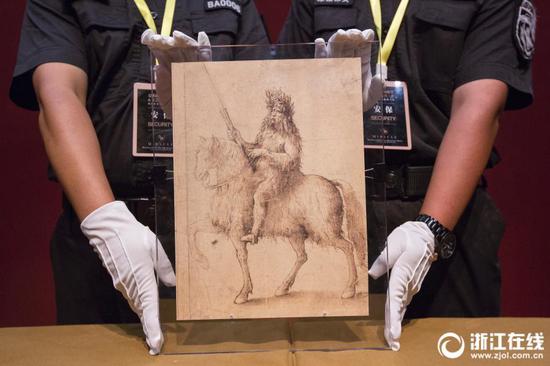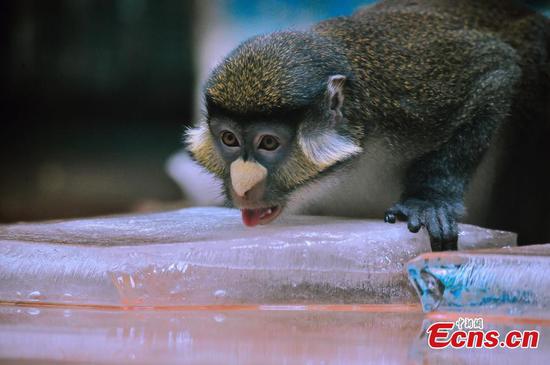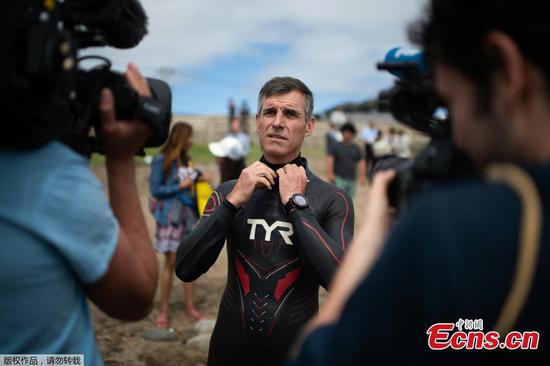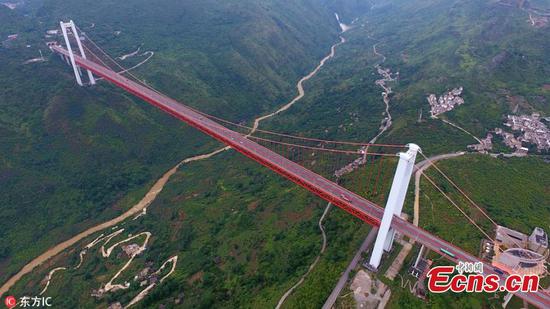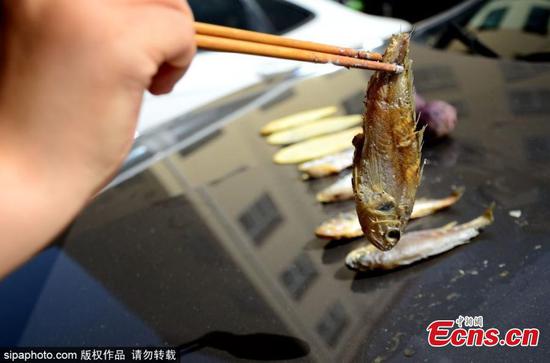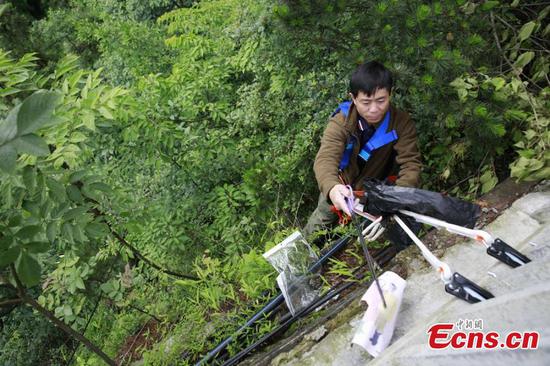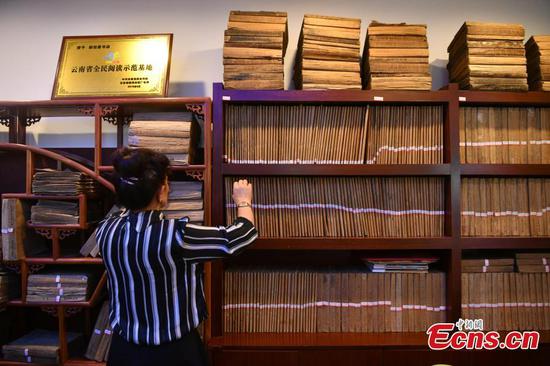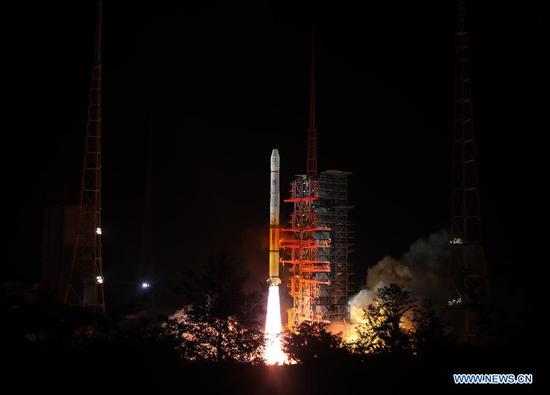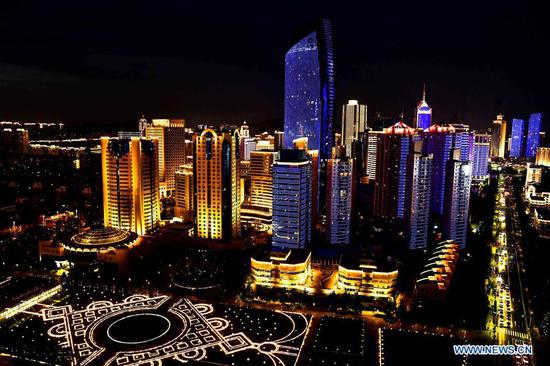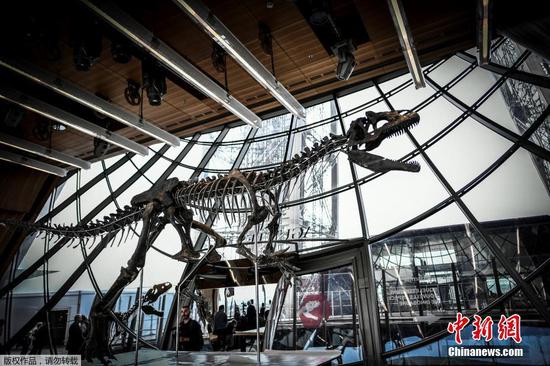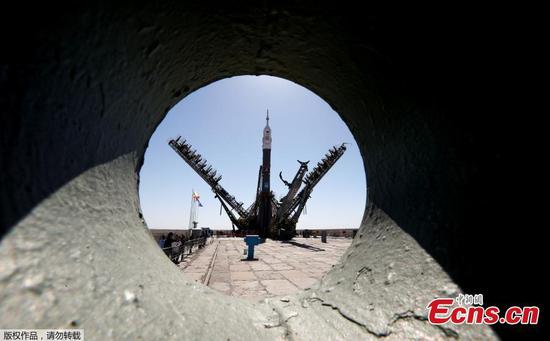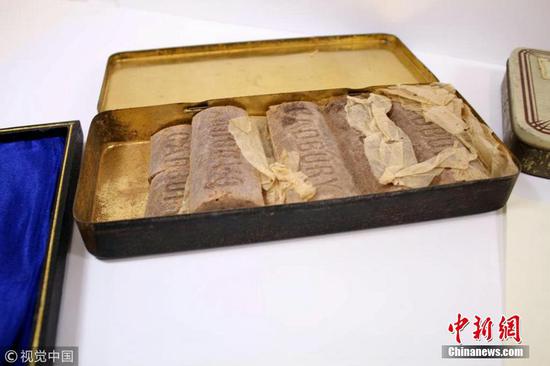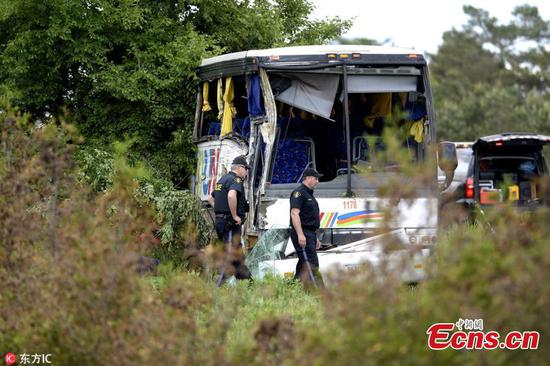Japan PM seeks assurances ahead of summit, critics pour cold water
With the highly-anticipated summit between the U.S. President Donald Trump and Kim Jong-un, top leader of the Democratic People's Republic of Korea, just four days away, Japan is busy oiling the wheels of diplomacy.
Before traveling to Canada for the G7 summit, Japanese Prime Minister Shinzo Abe was scheduled to meet Trump on Thursday, as part of a trip largely expected to be a last-ditch attempt to lobby Trump to bring up the issues of complete, verifiable and irreversible denuclearization and the issue of Japanese nationals allegedly abducted by the DPRK in the 1970s and 80s.
"I want to make sure to be on the same page with President Trump ahead of the first ever U.S.-DPRK summit so we can push forward nuclear and missile issues, and most importantly the abduction problem, and make for a successful summit," Abe told reporters before leaving for the airport.
It was Abe's seventh meeting with Trump, and the second in around two months.
Abe is also mulling sending his Foreign Minister Taro Kono on Saturday to Singapore to seek the city-state's cooperation to share information on the meeting. Also, Abe is seeking a meeting with the DPRK leader after his summit with Trump, Xinhua News Agency reported.
Singapore's Foreign Minister Vivian Balakrishnan made a two-day official visit to Pyongyang on Thursday, according to Kyodo News.
Jon Taylor, a professor of political science at the University of St. Thomas in Houston, said Abe hastily asked for a meeting before the G7 and the Kim-Trump summit is aimed at getting assurances from Trump that he will not make any deals that could "decouple" Japan from the U.S.'s nuclear and missile deterrence commitments.
Taylor said Abe also wants to remind the United States that Trump's meeting with Kim could have on Japan's regional interests, and expecting the U.S. can raise the fate of the allegedly abducted Japanese citizens.
Essential issues
Japan has maintained that the resolution of the abduction, missile and nuclear issues is essential before it can normalize ties with the DPRK. But Pyongyang says the issue has been settled.
On Monday, the Korea Central News Agency criticized Abe and other Japanese officials for insisting on pressuring the DPRK. It said Japan worries about being "marginalized from the structure around the Korean Peninsula".
Jenna Gibson, communications director at the Washington-based Korea Economic Institute, said the U.S. and Japan remain divergent on the issue of the abductees.
"Addressing the Japanese abductees who were taken by the North Koreans is a high priority for Japan, and for Abe personally. In principle, the U.S. agrees that North Korea should address the issue, but doesn't see it as a top priority in the same way that Abe does," Gibson said.
Wang Shaopu, a researcher of Japanese studies at Shanghai Academy of Social Sciences, said Abe has made the return of abductees a key political issue as he faces domestic pressure from his political scandals, but this is definitely not a key issue in the upcoming Kim-Trump summit as there are prior challenges to solve between the U.S. and the DPRK.
Liu Jiangyong, a professor at Tsinghua University, said: "Abe wants to make progress on the abductees to be given the same weight as demands over the DPRK's nuclear and missile programs, but unfortunately, his lobbying has become less persuasive."
Japan maintained the stance of putting "maximum pressure" toward the DPRK, yet Trump softened his tone last week and retreated from using the term "maximum pressure", claiming that the U.S. and the DPRK are "getting along".









